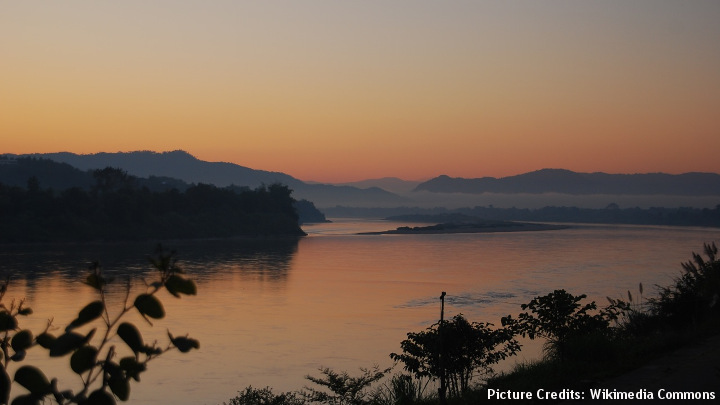Summary of the ISDP Forum ”Water Diplomacy: Opportunities and Challenges for Third Party Involvement”

On March 9, 2017, the Institute for Security and Development Policy welcomed Dr. Martina Klimešová, Programme Manager at the Stockholm International Water Institute (SIWI) and Associated Research Fellow with ISDP, for a presentation on water diplomacy and the opportunities and challenges for third party involvement.
Dr. Klimešová opened her presentation by introducing the Stockholm International Water Institute (SIWI), a policy institute that stimulates the development of innovative policies and scientifically-based solutions to water-related challenges through applied research, policy consultation, capacity-building, and connecting key actors across sectors.
Some 286 river basins cross the political boundaries of two or more countries and are home to about 40 per cent of the world’s population. However, roughly two-thirds of these do not have a cooperative management framework. One of SIWI’s areas of focus is in fact supports and facilitates platforms for regional cooperation on shared waters and transboundary water management.
As Dr. Klimešová explained, water diplomacy is a dynamic and integrated process that brings to the table many different actors. Informal initiatives such as Track One and a Half and Track Two diplomacy can provide different entry points supporting formal diplomatic processes. SIWI provides a meeting platform where actors can discuss and find new solutions for cooperation. It is fundamental to know who the actors and the third party are – that is, their mandate and capacity – and what their expectations are. The timing of the dialogue facilitation is equally important: the ripe moment could be facilitated by a Mutually Enticing Opportunity, which motivates both actors to change the course of the conflict.
Dr. Klimešová continued by illustrating the opportunities created by water diplomacy and by third party involvement, including increased inclusiveness, motivating cooperation among additional sets of stakeholders, tangible results, responses to state and human security risks, and the technical focus. On the other hand, the main challenges include the difficulty of linking the informal meetings with the official diplomacy (i.e. institutionalizing the cooperative environment created among these smaller groups), the different internal power structures on the national level, problems with information sharing and inflexibility, difficulty of sustaining motivation of all the parties involved over time.
The forum concluded with a Q&A session, in which Dr. Klimešová answered such questions as how SIWI manages to push ‘water’ up in the governments’ priorities, the involvement of the EU in water dialogues, and the role of startups and young businesses.
